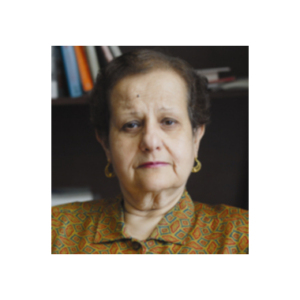Mervat Hatem
- Fellowship Dates 2012-2012
- Research Topic Gender Relations in the Family and the Limits of State Feminism in Egypt, 1950-82
- Fellow or Grant Type National Endowment for the Humanities
- Affiliation Post-doctoral candidate Howard University
Most definitions of state feminism in the region focus on the public/legal aspects of personal status laws, but do not discuss their implications for the changing gender roles of men and women in the family. The separation of the private and the public roles ignores the feminist insight that the “personal is political”. This project contributes a critical assessment of the limits of state action in the gender arena; it adds to field of political science and to the literature on Egypt by focusing attention on the role that the cultural elite played in making the personal a public focus of discussion. This research examines the reluctance of the state to intervene in the definition of gender roles and relations in the family by continuing to rely on personal status laws passed in the 1930s. Although revised in 1979 by a presidential decree, the High Constitutional Court stuck these laws down in 1982. State reluctance to actively interfere with the rights of the patriarchs in the family led to a second articulation of the personal as political whereby men emphasized “freedom” as the new private “right” to be enjoyed by men and women, and women underlined “equality” between men and women in the family as key.
This research relies on marriage and divorce statistics for this period to glean information about the changes that took place during this period from extended to nuclear and polygamous to monogamous families. It delves into literature, film, songs, dress, national women’s magazines and the women’s “corner” that became a weekly section of the national al-Ahram newspaper in the 1950s and the 1960s to document the shift from old to new gender concerns and definitions of domesticity. This research adds to the body of knowledge regarding the changes and rights in women’s public standing and private lives that were untouched by state feminism.
